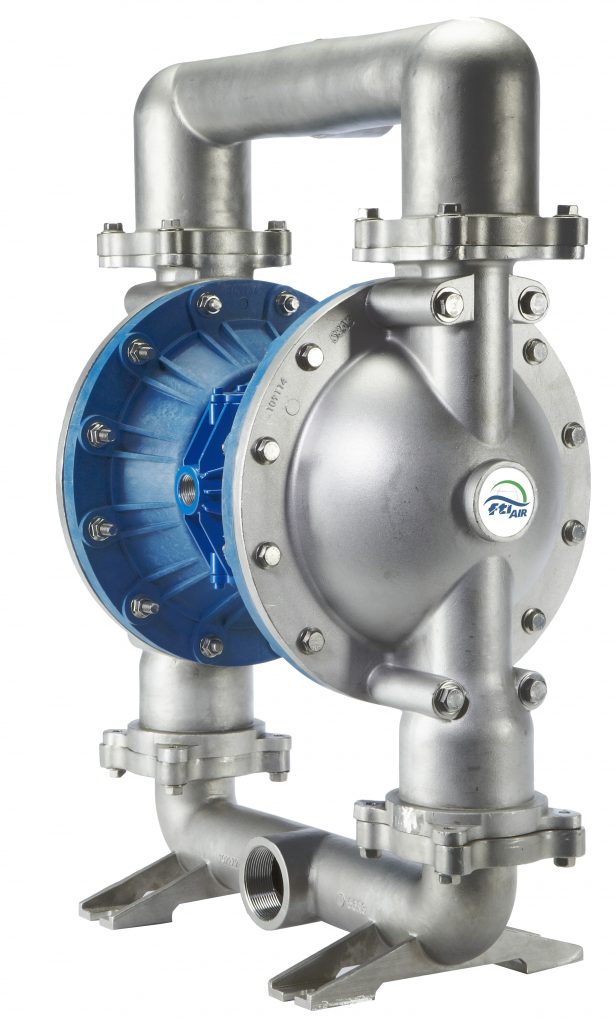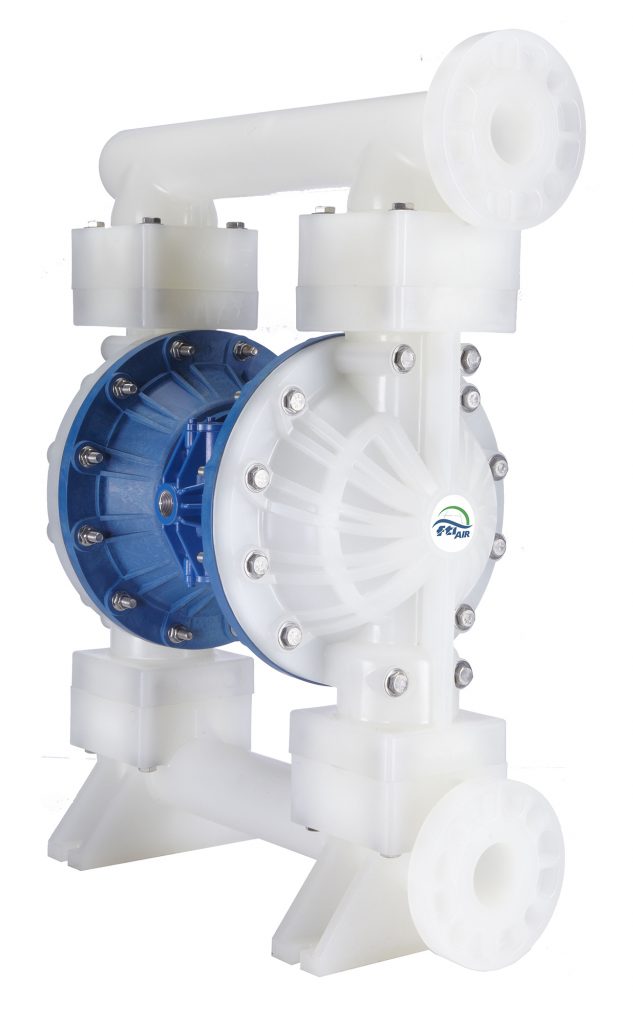Centrifugal Pumps in Ashburn, GA

Ashburn Air-Operated Diaphragm Chemical Pump Designs & Their Advantages
Fluid-handling devices that employ air pressure to transfer fluids include air operated diaphragm chemical pumps. They are available in several designs, including single- and double-diaphragm models, ball valve layouts, and nonmetallic wetted component setups. These pumps are adaptable and reasonably priced. They can tolerate caustic or abrasive fluids, have high flow rates, and can prime themselves.
They can be used even if the liquid levels change because they are self-priming and can run dry without causing damage. Additionally, they require relatively little maintenance and can deliver a constant flow rate. Last but not least, because these pumps are air-operated, they are simple to install and use a small amount of electricity.

Ashburn, GA Air-Operated Diaphragm Chemical Pumps and Their Applications
An Air Operated Diaphragm Chemical Pump is a type of positive displacement pump that uses a combination of compressed air and an elastic diaphragm to move chemical liquids. This type of pump is often used in industrial settings, such as chemical processing plants and water treatment facilities, due to its ability to handle high flow rates and corrosive materials. It’s also known for its superior design, as it can run dry without causing damage, making it more reliable than other types of pumps.
These pumps are highly versatile and have a wide range of applications. They are often used in the chemical, pharmaceutical, and food industries, as well as in industrial, agricultural, and water treatment operations. Air Operated Diaphragm Chemical Pumps can be used to transfer, meter, or dispense low to high-viscosity fluids and chemicals while providing precise, accurate flow rates with minimal maintenance.
Drum Pumps in Ashburn, GA
For transfering and dispensing fluids.

MSDB SERIES - MAGNETIC DRIVE, SEALLESS, Ashburn CENTRIFUGAL PUMPS
- Horizontal or vertical (with IEC motor only) installation
- Engineered for corrosive fluids with polypropylene/Ryton© or PVDF/Ryton© construction
- High specific gravity handling – over 1.8
- Maximum working pressure up to 135 PSI (9.3 bar)
- Heads up to 300 feet (91.5m)
- Compact close-coupled design
- Minimum flow rate is 1 gpm (.23m3/h)
- Sealless design improves reliability with no seal maintenance to perform or seal leaks
- High power neodymium magnetic drive system handles high specific gravity fluids
- Two stage versions contain two impellers, three stage versions contain three impellers

Practical Applications for Drum Pumps in Ashburn, GA
- Water treatment: In water treatment facilities and other locations where clean water is required, drum pumps are used to move water and other fluids.
- Gasoline production: The oil and gas industry uses drum pumps to transport fluids like oil.
- Manufacturing: Fluids like coolants, lubricants, and cleaning agents are transferred using drum pumps in manufacturing settings.
- Chemical processing: Drum pumps are used to move chemicals in a range of chemical processing applications, such as the manufacture of personal care products, food processing, and pharmaceuticals.
- Construction: To transport construction materials like concrete and grout, drum pumps can be used.
- Drum pumps are used in the mining sector to move fluids like chemicals and water.
- Drum pumps are used in power generation facilities, such as nuclear power plants and coal-fired power plants, to move fluids.
- Agriculture: Drum pumps are used to deliver water and other fluids to plants and crops.
Choosing the Correct Drum Pump in Ashburn GA
When selecting the ideal drum pump for a specific use, there are several factors that should be taken into account. These factors include:
- Safety considerations: Pick a pump that complies with applicable safety regulations and is suitable for the unique dangers prevalent in your application. Make sure the pump is explosion-proof, for instance, if you are transporting explosive liquids.
- Compatibility with the medium being transferred: Different models of drum pumps are specifically designed to handle different types of liquids. It is crucial to select the pump that is compatible with the type of liquid you need transported, as some liquids or chemicals can be too abrasive or viscous to work with certain models.
- Power source: Choose a pump that will meet the demands of your application and the type of power source you have available.
- Volume and flow rate: Consider both the volume and flow rate of the liquid you need to move. Ensure that the drum pump you select has a flow rate that meets your requirements.
- Price: Establish your spending limit and select a pump that satisfies your requirements at a cost you are comfortable paying.
- Size and weight: Take into account the size and weight of both the pump and the drum or other container from which you will be transferring the liquid. Verify that the pump can fit inside the drum and is not too heavy to handle.

